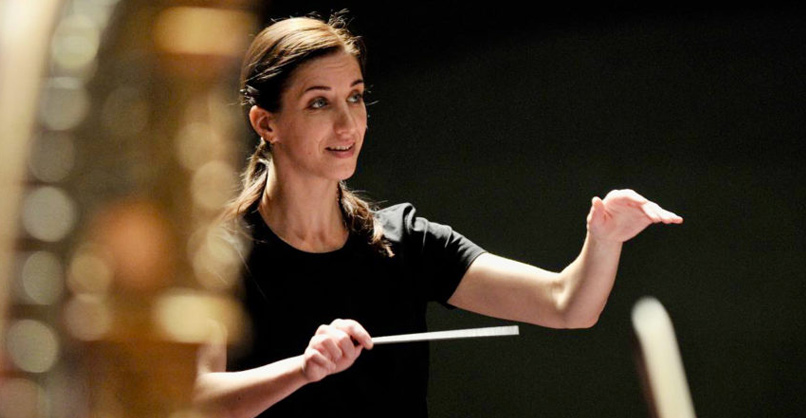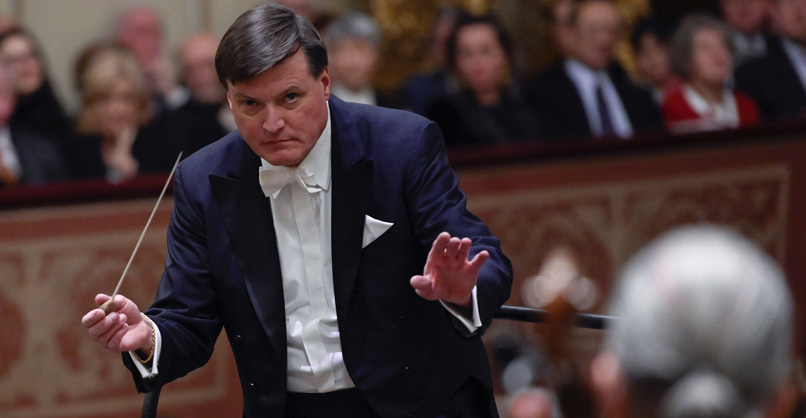When the opera house situated on the Lindenallee was inaugurated in 1742, Frederick the Great intended to turn it into the cultural symbol of his ideal capital, the hub of the "Forum Fridericianum." This "enchanted palace," as the enlightened despot called it, is one of the rare vestiges of the old city still visible today, and a large part of German musics cultural heritage is contained within its walls. The Berlin Staatskapelle, for example, the orchestra connected with the opera, was founded in 1570 and the list of its permanent conductors includes names such as those of Meyerbeer, Mendelssohn, Richard Strauss, Furtwangler, Klemperer and Karajan! During the 19th century, the Berlin Opera remained a royal opera, where Weber's FREISCHUTZ was premiered. The activities of the Berlin Staatskapelle developed under Spontini's responsability, the first "Preussischer Generalmusikdirektor," ever appointed. This goes to show the importance of the ensemble in German musical life at that time, an importance which constantly grew, especially after the "Sinfonie-Soireen" were created in 1842, open to the public by subscription.
In 1919, the Royal Opera became a state opera, and played an active role in the exhuberant artistic activity that rocked Germany during the twenties: Erich Kleiber presented Berg's WOZZECK and popular harmonies of composers such as Kurt Weill resounded in this shrine of the lyrical repertoire, until Nazism cut short a period of intense creativity. During the war, Karajan forged his reputation in the theatre, until bombs destroyed the building, partially in 1941, and completely in 1945.
Because of its geographical situation, the Staatsoper became, in 1949, the Opera of East Berlin. In 1955, the East German administration reinstalled the company in its illustrious hall, rebuilt along the original plans, and one could soon applaud singers such as Peter Schreier and Theo Adam on its stage, musicians who helped create a truly Eastern German singing tradition.
Since the German reunification, the institution has been completely reorganized, especially under the impetus of Daniel Barenboim, who became its General Music Director in 1992. Proud of its impressive history, the present day Opera Unter den Linden hardly neglects its baroque beginnings, and it henceforth counts amongst those that most often produce pre-Mozartian lyrical works, such as CLEOPATRA E CESARE by Graun which opened the Opera's first season in 1742. But the house also commissions works by Pierre Boulez, while defending the traditional repertoire, in which Wagner occupies a large place. By thus juxtaposing tradition and innovation, the Opera Unter den Linden has become one of the institutions most representative of Berlin's new dynamism.










